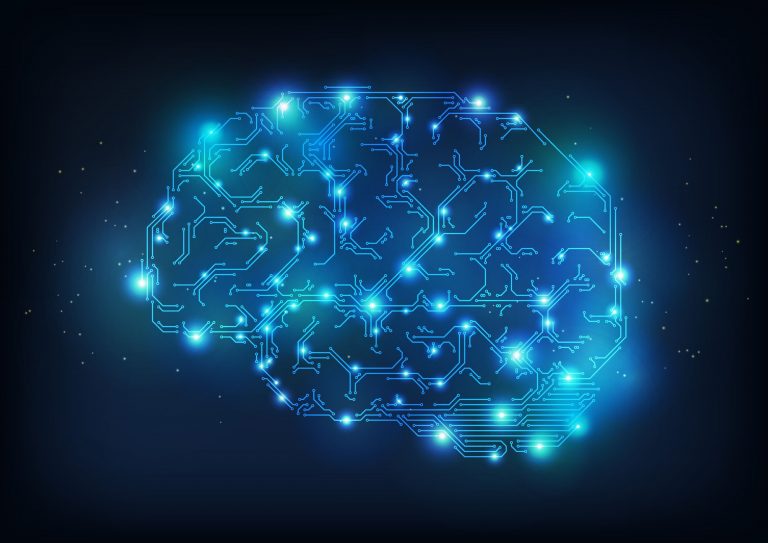Organizational similarities between the universe and the brain have recently been discovered. But what do they mean? Could the universe also have self-awareness?
The structure of the universe is surprisingly similar to that of the human brain – but could “cosmic consciousness” exist? The question arose when astrophysicist Franco Vazza and neurosurgeon Alberto Felitti compared their fields of research – which we have also written about previously:

There is a strange similarity between the human brain and the universe.
Cosmology and neurosurgery have collided, and the result is that the brain and the universe – these two complex systems – are remarkably similar.
During his research at the University of Bologna, Vasa used statistical methods to examine the neural network of the cerebral cortex and the cosmic web to map the distribution of matter in the universe. Between the two systems, despite the vast difference in size – which is 27 times the size – striking structural similarities were discovered.
What does all this mean: we are part of a giant brain, and the universe is conscious – whatever that last word means?
the question The New Scientist article went viral.which are briefly summarized below.
In addition to the similarities discovered, some physicists did not leave without a word, and also raised the above question. Panpsychism, an earlier theory, proposed that consciousness is an essential part of reality, present even in the smallest particles. Panpsychism thus naturally conflicts sharply with the more traditional concepts of consciousness, materialism and dualism. According to materialism, consciousness can only arise from material matter, while dualism treats matter and consciousness as separate entities. However, both materialism and dualism have struggled to explain convincingly how consciousness can stick its head into inanimate matter.
Panpsychism is thus essentially a middle way between the two theories mentioned above: according to it, the basic units of consciousness are present in all matter, so it becomes easier to understand how a more complex human consciousness could develop. However, today, the panpsychism theory has also become a fairly widespread theory, and well-known philosophers such as Johanna Leidenhage of the University of Leeds are investigating this hypothesis.
According to one version of panpsychism, cosmic psychology, not only the smallest units, i.e. particles, but the entire whole, i.e. the universe itself, can be conscious. However, Vasa himself takes a skeptical position on this point – according to him, on the one hand, it is difficult to define consciousness in the first place, and on the other hand, structural similarities do not necessarily mean common properties. Vasa, as we described in our clickable article above, did not focus on this in his research anyway, but on the fact that there may be something in common in the organization of more complex networks. He did not intend for a single minute to prove that the universe is conscious.
By the way, even if we assume that the universe is conscious, this cosmic self-awareness would operate insanely slowly from our perspective because of its enormous size.
Philosopher Philip Goff A Why? The purpose of the universe In his book, he already hints somewhat at cosmism – according to him, if particles are manifestations of quantum fields, then these fields can be considered the basic units of consciousness. This does not mean that the universe is capable of speculative thought, but he believes that this kind of “consciousness” may influence the evolution of the universe.
As you can see, these theories do not currently fall within the group of empirically testable theories. According to the New Scientist article, by the way, the “renaissance” of panpsychism is the product of social changes and not the fruit of new scientific evidence – which Vasa and his colleague did not want to prove. According to Lidenhage, how we feel about “everything” today is largely related to our social structure: for example, industrialization began to see nature as a machine, the digital revolution encouraged metaphors of the brain and the computer, while our current increased environmental awareness is actually organic, and could lead us towards metaphors, which the universe follows directly with self-awareness.
So, it is interesting to ask: if there are similarities in the organization of the universe and our mind as a network, can the latter also have self-awareness, but perhaps what is even more interesting is how the zeitgeist shapes our perception of the way we think about the world around us.
(Image used for the article was created by DALL-E/Rakéta.hu)






